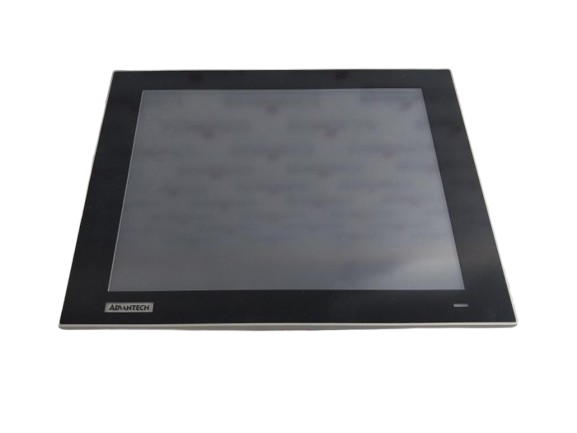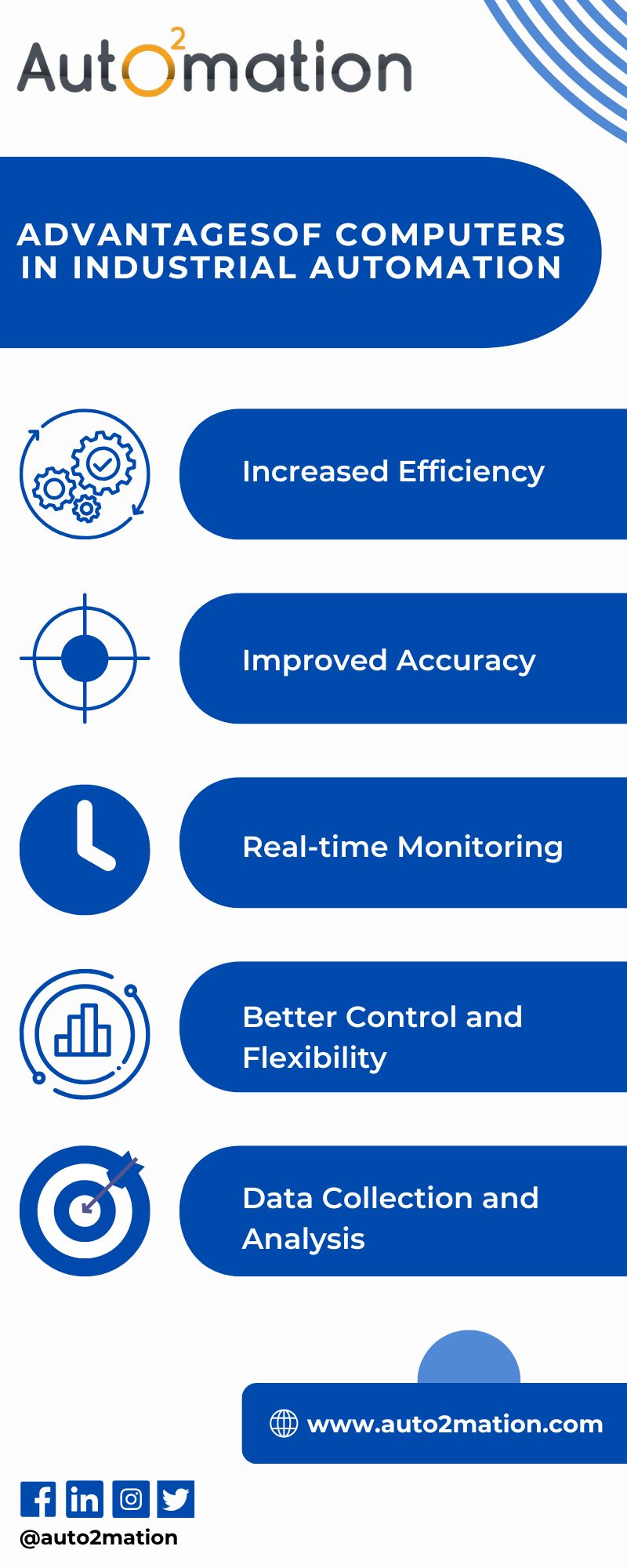Efficiency, accuracy, and productivity are now achieved through automation in the fast-changing industrial world. This development depends on the role that computers play in industrial automation systems. The industrial computer forms the backbone of today's modern factories and production facilities-that can control processes and collect and analyze data. This blog takes a look at the basic computers for industrial automation, their characteristics, applications, and how they're changing the industry.
What is Industrial Automation?
Industrial automation is the use of computer-based technologies such as sensors, computers, and software to control machines and processes with minimal human interaction. The outcome is increased productivity, accuracy, and security in industries such as manufacturing, energy, and logistics. The computers act as the automation system intellect since they process information and assist in intelligent decision-making processes.
Types of Computers Used in Industrial Automation

There are several different types of computers used in industrial automation, and each finds a purpose:
1. Industrial PCs (IPCs)
Industrial PCs are rugged computers specifically manufactured to work in the most extreme environments. They allow for high reliability and a great degree of flexibility for those automation tasks, such as:
- Monitoring production lines
- Managing robotic systems
- Manipulating large datasets
Key Features:
- Durable design to sustain extreme temperature and vibrations
- Support for long lifespan in industrial applications
- Industrial communication protocol such as Modbus, Profibus etc
Applications:
- Food processing units
- Refineries of petroleum products
- Medicinal products manufacturing
2. PLCs
PLCs are computers controlling industrial process. It is mainly used for immediate and machinery control purposes.
Key Features:
- Instant processing to give the appropriate reaction
- Rigorous frame to withstand long usage
- Easier to write a program and connect with them
Applications:
- Belt conveying systems
- Packaging machinery
- Manufacturing line
3. Embedded Computer
Embedded computers are actually very small systems integrated directly into industrial devices. The computers have evident applications and even can act on their own.
Key Features:
- Compacts and power-efficient devices
- Customizable for targeted performance of a task
- Reliable and has only minimum maintenance requirements
Applications:
- Industrial robots
- Smart sensors
- Automated quality control
4. Edge Computers
Data is computed at the edge itself from a network in edge computing and reduces latency and also removes dependence on the cloud.
Key Features:
- Data computation, analytics speed
- Improvement of data security
- Real-time decision making
Applications:
- Predictive maintenance
- Smart grids
- Autonomous vehicle
Key Features of Industrial Advanced Computers
Industrial computers are quite different from the standard consumer computers in their features since they have:
- Durable: built to resist dust, moisture, high temperatures, and vibrations.
- Long life: made to last longer with a stable performance.
- Customized: hardware and software can be customized according to industrial requirements.
- Connectivity: industrial networks and protocols are supported.
- Scalability: to be scaled up with increased automation needs.
Functions of Computers in Industrial Automation
1. Process Automation: Industrial computers control all industrial processes to achieve good quality and consistency. Examples include the temperature in the chemical industries and the speed on conveyor systems.
2. Robot Integration: Industrial robots are controlled by computers that undertake precision works such as welding, assembling, and material handling. This provides maximum performance and keeps it in synchronization with other systems.
3. Energy Management: In the generation and distribution of power, computers monitor energy usage and adjust for minimum usage. Edge computing is the significant management of smart grids.
4. Smart Warehousing: The modern warehouse computers are used in controlling automated storage and retrieval systems, stock tracking, and warehouse logistics.
Advantages of Higher Computer Usage in Industrial Automation

- Higher Productivity: More operations mean higher output.
- Less Cost: Labor saving with less waste
- Safety Increased: Computers prevent accidents by running safety machines.
- Easy Changes: Adapt easily with increased demands in production.
- Resources: Optimized, Creating a Greener Footprint
Best Industrial Automation Computers Brands
1. Siemens: Siemens has always been known for its rugged IPCs and dependable PLCs, with several automation solutions tailored to fit industrial requirements.
2. ABB: They create advanced industrial control systems and computers for power plants, manufacturing plants, and applications in process industries.
3. Rockwell Automation: Rockwell Automation is especially famous for its PLC and industrial software and also as a name which stands out for quality in the industrial automation field.
4. Advantech: Advantech Edge Computers and IoT-ready series for smart factories.
Future Trends in Industrial Automation Computers
1. AI-integrated systems with predictive analytics and ability to make autonomous decisions
2. IIoT connects machines, sensors, and computers so that they can easily communicate and share data.
3. 5G makes the communication in automation systems fast and reliable.
4. Cloud and edge computing together provide flexible and efficient data management.
Advanced industrial automation revolves around computers. Whether in the management of production lines or integration of robots or optimized usage of energy, the bottom line is the type of computers that can generate unmatched efficiency and accuracy. This is the time businesses should figure out which types of computers have these features and how best to apply them to remain today in an automated world.


Validate your login
Sign In
Create New Account